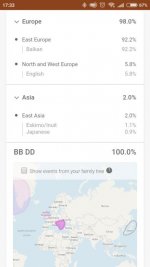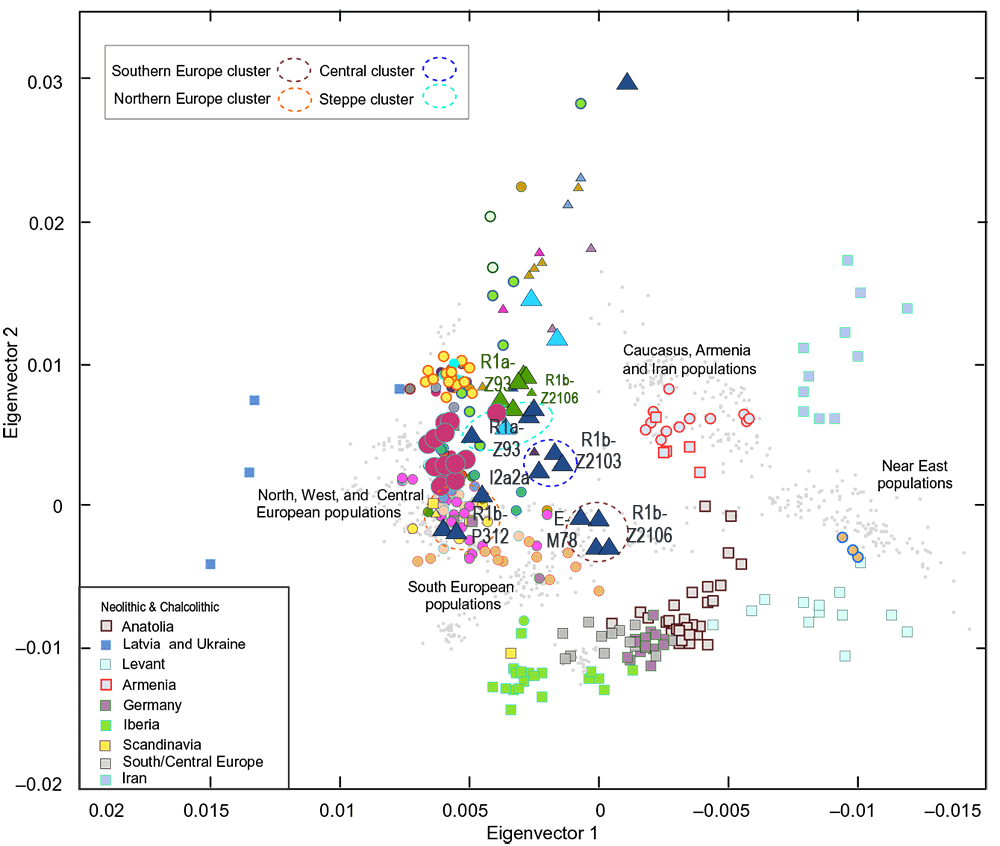First you need to learn how to write so you can clearly express your thoughts and to learn the difference between slave and Slavic!
When you say 'South Slavs or the autochthonous Vlachs, Epirotes, Albanians', somehow you imply that the South Slavs are not autochthonous although thay have been in the Balkans for more than 1500 years now.
By the way, how do you know that the Vlachs are more native than the South Slavs?
All we know is that they speak a Latin derived language and are very similar in dna with other Balkanites, including the South Slavs for that matter!
By the way, you Romanians say that you descend from the Dacians but speak a Latin derived language.
Well, how is that possible?
The Dacians had their own language, they weren't Latin speakers.
Do you really think that 150 years of Roman rule in Dacia, was enough to change the language of whole population?
And if so, don't you think, the same have happened to the South Slavs, so in other words, they are also largely descended from the natives who were slavicized?
Do I have to remind you that the Vlachs were first attested in the history only in the 10th century AD, four centuries later after the arrival of the Slavs in the Balkans!
The first written reference to the name Vlach is made by George Querrinos in 976 AD. who wrote that David, the brother of the Bulgarian emperor Samuel, was killed in 976 by "Vlachs hodites" between Kastoria and Prespa.
Also, the Vlachs are not an homogeneous population, but they represent the people from the Balkans to all the way up to South Poland who were in contact with Slavs and who were speaking a Latin language, therefore many Goths, Huns, Slavs, Cumans and whatever not have entered in the Vlachs gene pool.
Your language was up to the 19th century a half Latin, half Slavic language when you decided to make it fully Latin, therefore you incorporated many French words in your vocabulary which is quite frankly laughable.
And for the end I can bet my ass you are more Eastern European than the Macedonians and the Bulgarians for sure!
You can put your 'my heritage' results just for comparision!
Here are mine:








